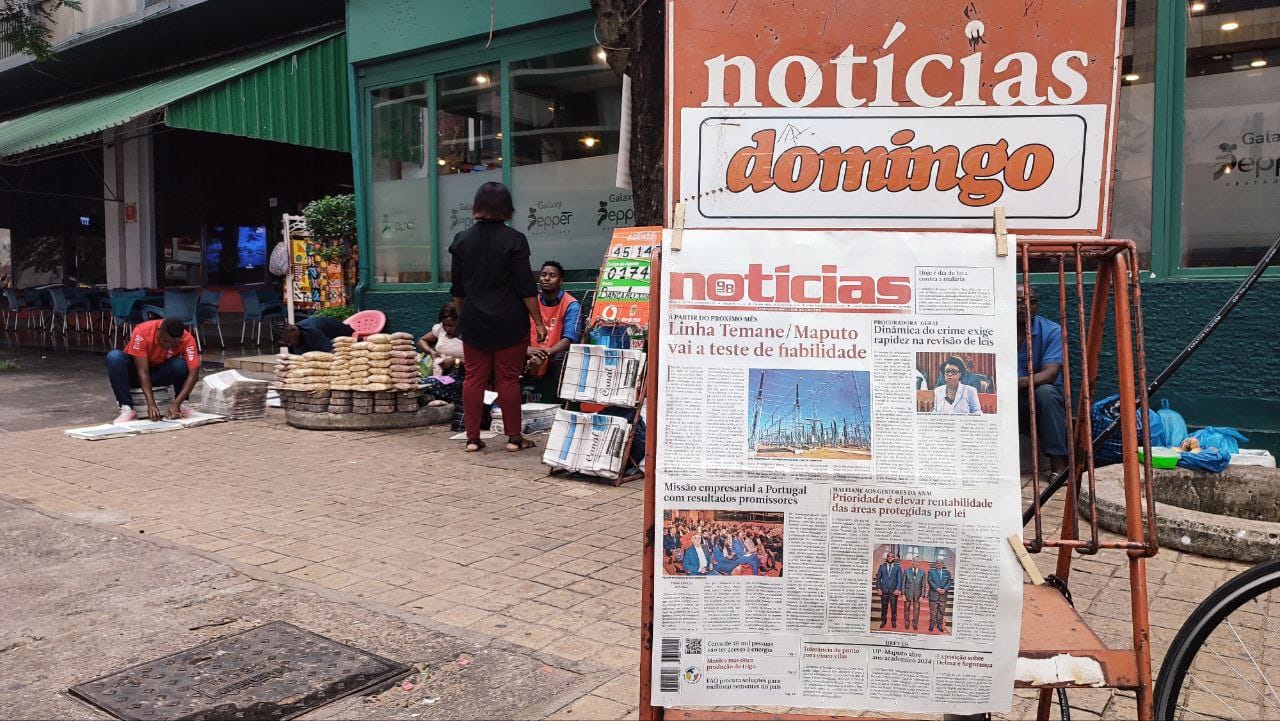Retired Zimbabwean colonel Lionel Dyck has confirmed he is planning to train Mozambican troops to operate in conjunction with helicopter gunships operated by his mercenary operation in Cabo Delgado, as revealed by Zitamar News last week.
In an interview published on Friday by South African website Africa Unauthorised, Dyck said he wants to “start a selection and training programme immediately” for Mozambican soldiers, “so we can get good men into the field and take the fight back to the enemy from the air and on the ground.” Mozambique’s defence forces “are unprepared and under-resourced and we have to move fast,” Dyck said.
He also said he and his team — currently less than 30 men — “intend to move our base of operations closer to Mocimboa da Praia which was attacked recently by the rebels.” Zitamar reported on Thursday that the aerodrome at Macomia is being prepared as a forward operating base for Dyck’s company, Dyck Advisory Group (DAG).
DAG is operating with two Gazelle ‘gun-ship’ helicopters, one Alouette helicopter armed with 20 mm canon, and two fixed wing aircraft, as well as two ‘Bathawk’ microlights with front guns — one of which crashed seriously in mid-June.
“At the moment our strike capability is almost entirely airborne,” Dyck said — explaining that his team has “attacked enemy camps from the air and we are using aircraft to interdict their supplies which are being moved on land and sea.”
“I believe we have been successful in slowing their advance but this war is far from won,” Dyck said.”
Dyck also said in the interview that he had been approached by influential figures in the British ‘establishment’ offering assistance in Cabo Delgado, but added: “I just don’t trust them; they never tell you the whole story and there is always another agenda in play with them.”
This article was produced under the Cabo Ligado project, in collaboration with ACLED and with support from Crisis Group. The contents of the article are the sole responsibility of Zitamar News.







